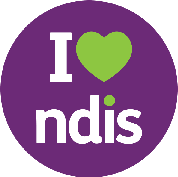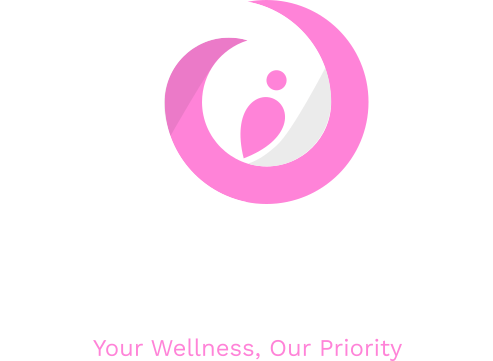NDIS psychosocial recovery coaching is a specialised support service under the National Disability Insurance Scheme (NDIS) that provides tailored, one-on-one coaching for individuals living with a psychosocial disability. It focuses on recovery-oriented mental health support and is designed to empower participants to build skills, gain confidence, and achieve personal goals.
At Centre of Hope, our recovery coaches are trained in both coaching techniques and mental health, offering compassionate, individualised support that helps you thrive in your everyday life.
1. Personalised Recovery Plans
Our recovery coaches work closely with you to co-design a recovery plan based on your values, strengths and goals. Whether you’re looking to build a daily routine, re-enter the workforce, or increase social participation, we help you break down goals into achievable steps and track your progress.
This personalised approach ensures you’re always working toward what matters most to you.
2. Enhanced Coping Strategies and Resilience
NDIS psychosocial recovery coaching equips you with practical tools to better manage daily stressors, mental health symptoms, and life transitions. Through consistent support, our coaches help build resilience and promote a sense of self-efficacy, essential components of long-term recovery.
You’ll learn to navigate life’s ups and downs with more confidence and stability.
3. Greater Independence and Confidence
Building everyday life skills like time management, decision-making, and self-care is central to recovery coaching. The goal is to foster independence, enabling you to take charge of your own life with reduced reliance on others.
As your confidence grows, so does your ability to live a more autonomous and fulfilling life.
4. Stronger Social and Community Connections
Recovery coaching supports re-engagement with community life. Whether it’s joining a local group, accessing a community service, or attending a social event, your coach will encourage you to participate at your own pace.
This increased community connection helps reduce isolation and builds a stronger sense of belonging.
5. Expert Navigation of the NDIS and Mental Health Systems
Understanding and managing your NDIS plan can be overwhelming. Our recovery coaches help you navigate services, access appropriate supports, and make informed choices. This includes coordination with healthcare providers and allied health professionals.
We simplify the complex systems so you can focus on your recovery.
For more on what the NDIS can offer, visit our article NDIS Funding in Australia: What the NDIS Covers and What It Doesn’t. You can also find additional details on psychosocial recovery coaches directly from the NDIS.
6. Support During Life Transitions
Life transitions like hospital discharge, moving home, or starting study can be challenging. Recovery coaches offer stable, ongoing support during these times to ensure continuity of care.
This ensures your goals remain on track and you’re supported no matter what changes occur.
7. Empowerment and Self-Advocacy
One of the most empowering benefits of recovery coaching is learning to advocate for yourself. Coaches help you understand your rights, communicate your needs clearly, and make decisions that reflect your values.
This leads to improved self-esteem, confidence, and a greater sense of control in all areas of life. For further information on how the NDIS supports people with psychosocial disability, refer to the NDIS Mental Health & Psychosocial Disability guidelines.
Recovery Coaching vs Support Coordination
You may be wondering about the difference between a recovery coach vs support coordinator. While both are funded supports under the NDIS, their roles are distinct:
- Support Coordinators help participants connect with general NDIS supports, manage service bookings, and develop plan implementation strategies.
- Psychosocial Recovery Coaches, on the other hand, specialise in mental health. They work more closely on your emotional wellbeing and personal recovery goals, often having lived or learned experience in mental health.
For a more detailed comparison, visit our article: Psychosocial Recovery Coach vs Support Coordinator – What’s the Difference?
Also explore: Understanding NDIS Support Coordination: What It Is and Why It Matters.








